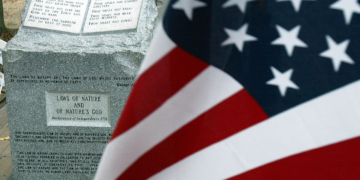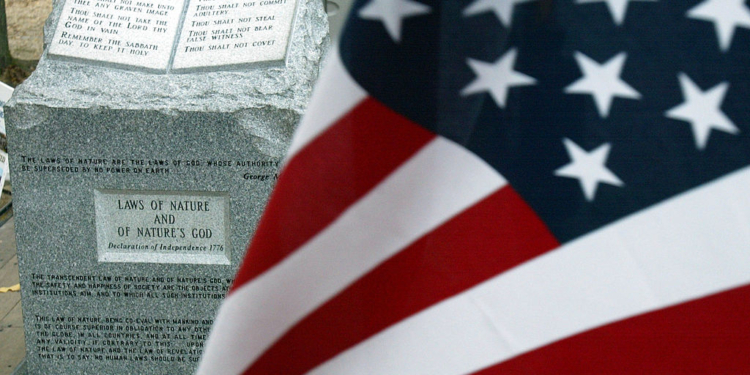A new AP-NORC poll reveals complex and often divided views among Americans on religion in public schools.
While most U.S. adults oppose turning religious schools into taxpayer-funded charter schools, a majority favor letting religious chaplains offer student support services in public schools, according to the Associated Press.
The survey highlights contrast across political and religious affiliations. About 6 in 10 adults support the presence of school chaplains, especially among white evangelical and Black Protestants, while teacher-led or mandatory school prayer is generally opposed.
Evangelicals are notably more likely to say religion has “too little” influence in public school curricula, unlike most other groups.
Texas pioneered school chaplain laws in 2023, followed by proposals in other conservative-led states.
Sally Hacker, a 61-year-old Michigan Republican and nondenominational Christian, backs chaplains in schools, suggesting they could help students “use the Bible as a moral guide” and work through personal challenges.
Support is split along political lines with Republicans generally supporting both chaplains and teacher-led prayer, while Democrats oppose teacher-led prayer and are divided on chaplaincy.
Ohio teacher Cameron Thompson, 47, sees teacher-led prayer as acceptable in extracurricular contexts like Fellowship of Christian Athletes, but not during class.
“As an optional activity, I feel like it is something that, yeah, it should be allowed for sure,” Thompson said.
Others voice concern. Utah school psychologist Gary Leu, a Democrat with ties to the Latter-day Saints, questioned chaplain credentials and motives.
“I don’t know what you’re trying to accomplish that isn’t already being accomplished,” Leu said.
Opposition to publicly funded religious charter schools is widespread, even among most religious groups. Only about 4 in 10 white evangelical Protestants support it, and most “nones”— atheists, agnostics, and the unaffiliated — are against it.
Oregon resident Jess Tichenor, 39, a Buddhist, said, “In an ideal situation, the publicly funded schools would be a safe place for any religion to be recognized or even practiced.”
Americans are more evenly split on school vouchers that help families pay private or religious school tuition.
Other findings show about half of U.S. adults support parent access to school book lists; 45% oppose religious exemptions from vaccine mandates; and 81% value religious freedom, compared with 64% who strongly support separation of church and state.

























